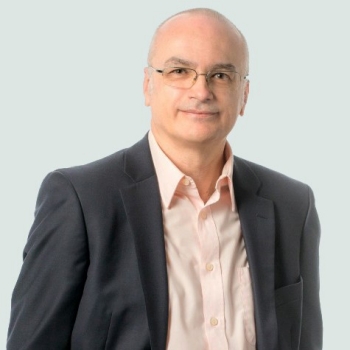The professionals involved need to understand financing structures, investor and developer priorities, legal constraints, and the needs of future tenants since each factor affects risk, return, and overall investment value. Professionals who lack knowledge in these areas risk being removed from transactions. Clients naturally gravitate toward advisors who can speak the language of risk and return.
Rethinking professional roles
Finance professionals face the reverse challenge. While models may designate a project as profitable, they can underestimate the development process and how long zoning or permits will take.
“In Montreal, good luck getting that done in four, five, six years,” Deslauriers notes. “I have bought the land, I have financed the land, I am paying interest, I am paying taxes, I am paying insurance, and ultimately the project might not even get the zoning changes to be approved. What is the net effect? Less development.”
Marketers face a different set of obstacles. They may excel at branding a project, but most commercial real estate deals aren’t closed through storytelling. Without a grasp of the financial and legal drivers behind a property, campaigns can miss their mark.
Urban developers and regulators bring yet another lens. Their job is to balance community needs and the growth of the city, but without insight into investor pressures, their decisions can slow projects instead of enabling them.
Each professional is effective in their own domain. The problems emerge in the spaces between them.
When forecasts fail
These knowledge gaps matter because commercial real estate is rarely straightforward. A property’s value depends on uncertain future cash flows. Tenants may leave, new leases may require incentives, or sudden shocks can transform the market.
“Commercial real estate is all about the math,” Deslauriers says. “What is complicated and risky is that the worth of a building depends on its future cash flow. Nobody has the crystal ball.”
The COVID-19 pandemic highlighted this reality. Investors who bought office towers before 2020 assumed high occupancy and stable rent. Within months, vacancies soared as remote work reshaped demand. Forecasts built on one reality became irrelevant, and assets once seen as secure turned into liabilities.
Even the strongest traditional skills cannot carry a project through volatility without cross-disciplinary insight.
Building shared fluency
Deslauriers believes the solution is to give professionals a broad enough base to communicate across disciplines. That doesn’t mean turning brokers into financiers or marketers into lawyers. It means elevating the level of conversation through a deeper understanding of every facet of commercial real estate.
“I have yet to find a development project where you don’t run into an obstacle,” Deslauriers explains. “You don’t need to be an expert. But you need to have enough knowledge to understand what experts are telling you and to sometimes challenge them.”



 Michel Deslauriers, real estate adviser and instructor
Michel Deslauriers, real estate adviser and instructor